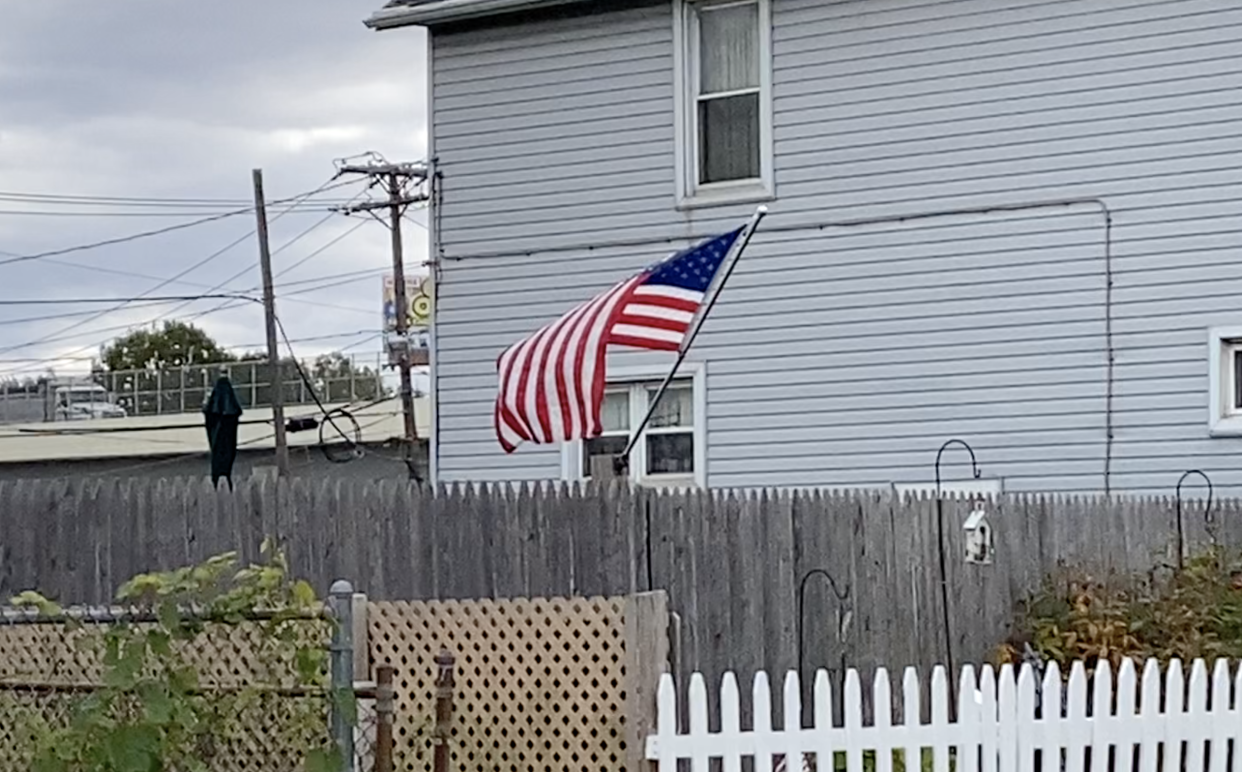Campaign 2020 road trip: Some Americans think politics is too hot to handle on camera

Earlier this month, I completed a three-day drive through the key presidential election battleground states of Michigan, Ohio and Wisconsin. Video camera in tow, my quest was simple: Ask average Midwesterners whether they were better off now than four years ago. I was impressed by the people who were willing to speak with me on camera as they defied the stereotype of Midwesterners being extremely polite but a little dumb.
But it was the people who didn't want to be interviewed on camera who made a greater impression. Many of these people immediately declined with a “hell no” or rolled their eyes in disgust, clearly turned off by the ugliness of this presidential election season. Some I’m sure were simply camera shy, or harbored a distrust of the news media. But a number of the people I invited to be interviewed turned my offer over in their minds for more than a few seconds before politely declining, weighing the consequences of saying what they think.
“I don’t want to talk about that stuff on camera,” said a woman eating breakfast near me in the lobby of my hotel in Kenosha, Wisconsin, after pausing to consider my offer. Earlier, I had overheard her discussing the presidential race with a friend.
The elderly woman seated in a lawn chair on the sidelines of a youth soccer game in Shorewood, a Milwaukee suburb, hemmed and hawed, wanting to share her views on the election with me before her adult son seated nearby shouted “Don’t do it!” The woman thought for a few more seconds before saying, “I better not, my son says no.”
Not far away, three senior citizens outside a retirement living center declined in unison to an interview. "I don’t want to talk about that on camera,” said one. I thanked them and began to walk away, when another woman, seated in a wheelchair, told me, “I haven’t seen my grandkids in months. It’s terrible.” “So it’s been pretty bad?” I replied. The three laughed at me as if to say, “No duh.”
A well-built, middle-age man standing outside a storefront in Waukesha, Wisconsin, told me off camera that he definitely has strong views about the election, but that he was worried about “the people in corporate” seeing his comments. “I don’t have a Facebook account for the same reason,” he explained.
Sharing one’s views in public these days can have very real consequences, and social media has amplified this fact; friendships are lost, your Facebook feed lights up with angry responses, you get blocked on Twitter, families get divided and people fear for their jobs.
I’ve traveled the Midwest during previous presidential election seasons. I saw the John McCain, Barack Obama and George W. Bush yard signs and the giant political banners in the farm fields. This year, they’re noticeably fewer and farther in between. I drove south from Milwaukee, through the notorious traffic of Chicago, across Northern Indiana and north into Michigan — a distance of about 150 miles — without seeing a single presidential campaign bumper sticker. Who wants to risk a road rage incident in this political climate?
Our political system is our tool for addressing our grievances and enacting change. But our political discourse has become so toxic that many citizens are afraid to express their concerns for fear of repercussion. We Americans have gone from “I’m mad as hell, and I'm not going to take it anymore” to “I’m mad as hell, but I’m too worried about the potential blowback to speak out.”
The challenges facing our country are immense. To solve them, we’ve got to talk to each other — we need to understand not just our common problems, but also what the solutions might be. But those conversations can’t even start when too many of us are reluctant to speak our minds.
Follow Mike Thompson on Facebook and on Twitter
This article originally appeared on USA TODAY: America, the land of the free, and the home of the reluctant

